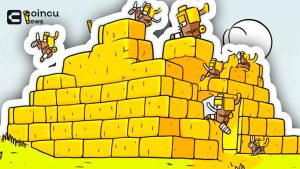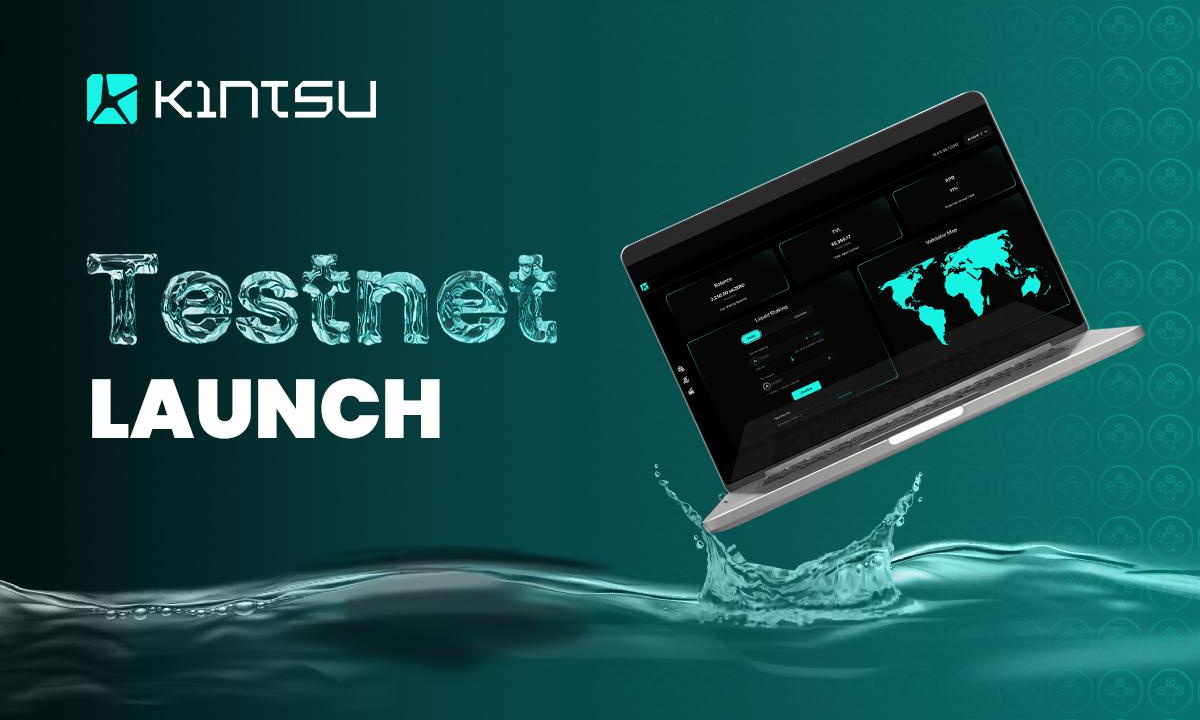The US Treasury Reaffirms That Crypto Miners, Stakers, And Coders Would Not Be Considered Brokers By The IRS.
The Treasury stated in a letter to a number of senators that it does not intend to regard miners and stakers as brokers for tax reporting reasons. The problem stems from the fact that the Infrastructure Bill delegated such decisions to the Treasury.

The Treasury informed six worried senators in a February 11 letter that it did not intend to tax crypto miners, stakers, and wallet providers as brokers.
Existing rules impose broker reporting responsibilities exclusively on market players who participate in commercial operations that provide them access to information regarding taxpayers’ transactions of securities, according to the letter.
Brokers are required by the Internal Revenue Service (IRS) to maintain information on the entities for whom they interact. The issue arose in cryptocurrency as a result of a new reporting regulation enacted as part of last year’s Infrastructure Bill.
The rule appeared to identify any servicer involved in facilitating digital asset transfers as a broker. As the Senate considered the infrastructure plan, this proved to be a key sticking point.

Cynthia Lummis, Mark R. Warner, Rob Portman, Kyrsten Sinema, Pat Toomey, and Mike Crapo were among the senators who received the letter. The six were involved in efforts to alter the crypto reporting terminology in response to privacy concerns and the technological difficulty of a crypto miner storing information on every party and transaction that they approve.
The Treasury appears to agree with the senators’ positions, stating that:
“They are consistent with the Treasury Department’s view that ancillary parties who cannot get access to information that is useful to the IRS are not intended to be captured by the reporting requirements for brokers. For example, persons who are just validating transactions through a consensus mechanism are not likely to know whether a transaction is part of a sale. And persons who are only selling storage devices used to hold private keys or persons who merely write software code are not carrying out broker activities.”
However, this letter is a long way from formal advice, which will very certainly need multiple rounds of recommendations, public discussion, and amendments before a definitive tax reporting policy is finalized.
Meanwhile, crypto taxes continue to be a famously hazy area, with most legislation addressing the issue failing to make it out of committee.
Join CoinCu Telegram to keep track of news: https://t.me/coincunews
Follow CoinCu Youtube Channel | Follow CoinCu Facebook page
Patrick
Coincu News



















